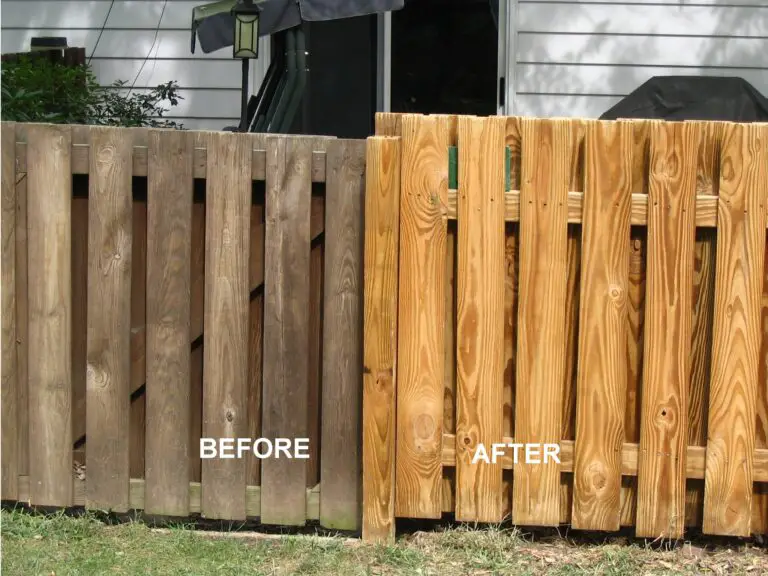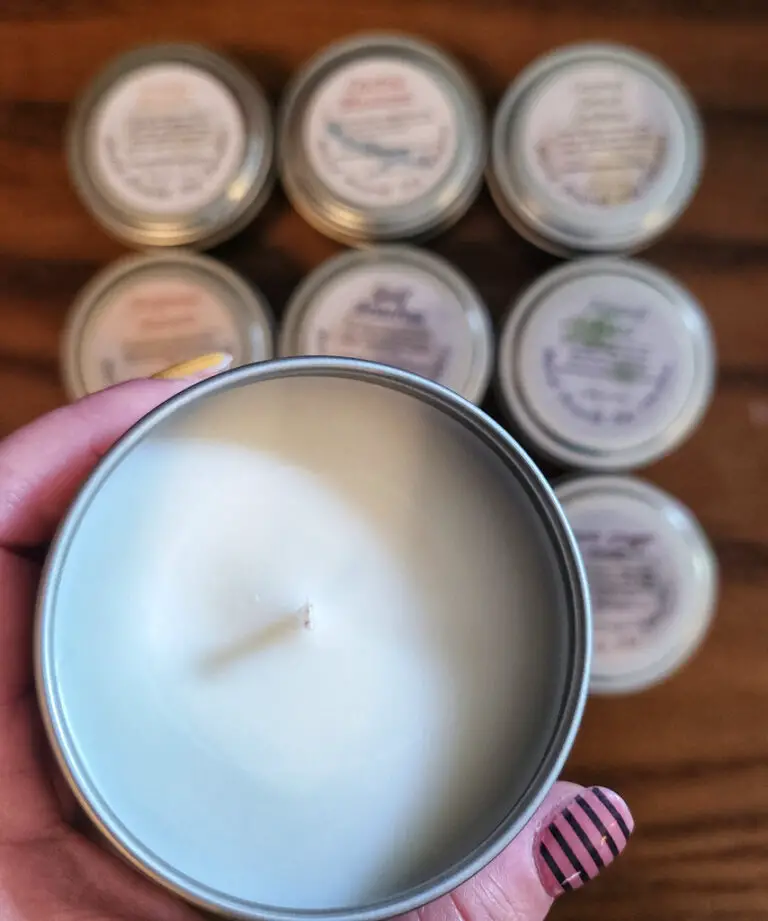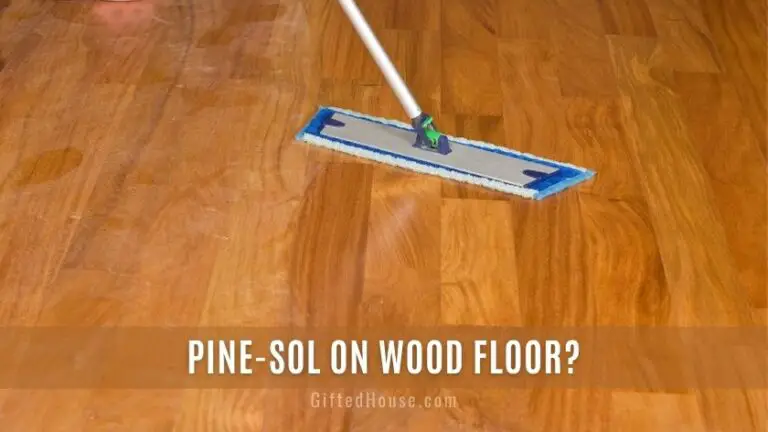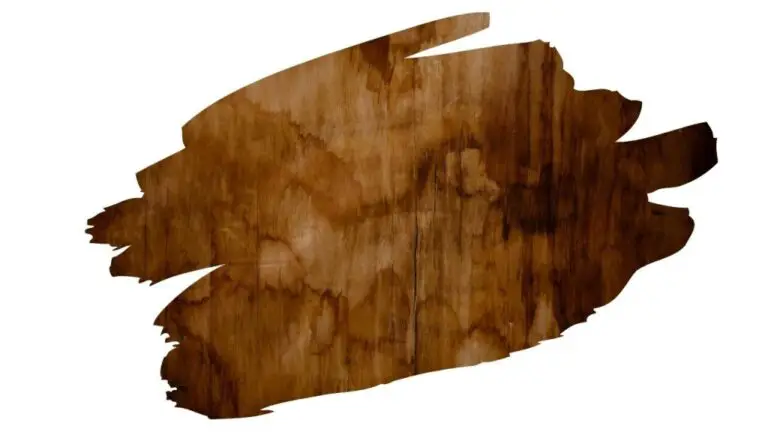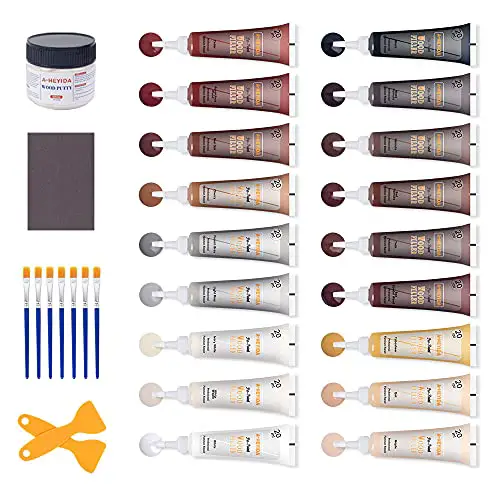Why Does My Wood Floor Creak? Troubleshooting Tips
There’s nothing quite as frustrating as the sound of a creaky wood floor in your home. Not only can it be annoying, but it may also indicate a larger issue with your flooring. In this comprehensive guide, we’ll explore the common reasons why wood floors creak and what you can do to fix them.
Common Reasons for Creaky Wood Floors
Wood floors can start creaking for a variety of reasons, and understanding the underlying causes can help you determine the best course of action. Here are some of the most common reasons for creaky wood floors:
1. Humidity And Moisture
One of the primary culprits behind creaky wood floors is fluctuations in humidity and moisture levels. Wood is a natural material that can expand and contract with changes in humidity, leading to gaps and movement between the floorboards. This movement can result in creaking and squeaking noises, especially in older or improperly installed floors.
2. Subfloor Issues
If your wood floor is installed over an uneven or damaged subfloor, it can lead to creaking and movement in the floorboards above. Subfloor issues can range from inadequate support to structural damage, all of which can contribute to the creaking sounds you hear when walking across the floor.
3. Aging And Wear
Over time, wear and tear can take a toll on wood floors, leading to creaks and squeaks as the floorboards become loose or worn down. This is especially common in high-traffic areas or in homes with older hardwood floors that have not been properly maintained.

Credit: www.thisoldhouse.com
How to Fix Creaky Wood Floors
Fortunately, there are several effective methods for addressing creaky wood floors and restoring peace and quiet to your home. Here are some potential solutions to consider:
1. Identify The Source Of The Noise
Before attempting any repairs, it’s important to pinpoint the specific areas where the creaking is coming from. Walking around the room and identifying the exact spots where the floor creaks can help you target your efforts more effectively.
2. Lubricate The Joints
In some cases, creaky wood floors can benefit from the application of a lubricant to reduce friction between the floorboards. Using a silicone-based spray or specialized wood floor lubricant can help minimize creaking in areas where the boards rub against each other.
3. Tighten Loose Floorboards
If the creaking is caused by loose floorboards, securing them more firmly to the subfloor can help eliminate the noise. This may involve using specialized screws or nails to reattach the boards and prevent them from moving and rubbing against each other.
4. Address Underlying Moisture Issues
If moisture and humidity are contributing to the creaking in your wood floor, it’s important to address these underlying issues. Using a dehumidifier to control indoor humidity levels and addressing any sources of moisture from below the floor can help stabilize the wood and reduce creaking over time.
5. Consult A Professional
In some cases, creaky wood floors may require the expertise of a professional flooring contractor. If you’ve tried DIY solutions without success, or if the underlying issues are more complex, consulting a professional can help you identify and address the root cause of the creaking.
Preventing Future Creaks
Once you’ve addressed the creaking in your wood floor, taking steps to prevent future issues can help maintain a quiet and stable flooring surface. Here are some tips for preventing future creaks:
- Ensure proper installation of new wood floors, including addressing any subfloor issues before installation.
- Keep indoor humidity levels within the recommended range for wood flooring to minimize expansion and contraction.
- Implement regular maintenance and inspection of your wood floors to identify and address any signs of wear or damage before they lead to creaking.
- Consider using area rugs or runners in high-traffic areas to reduce wear and minimize movement in the floorboards.
By understanding the common causes of creaky wood floors and taking proactive steps to address and prevent them, you can enjoy a quieter and more comfortable home environment. Whether you opt for DIY repairs or seek professional assistance, restoring your wood floors to their quiet beauty is well worth the effort.
Frequently Asked Questions On Why Does My Wood Floor Creak? Troubleshooting Tips
Why Do Wood Floors Creak?
When the wood dries out or warps, it can cause friction between the boards, leading to creaking.
What Causes Wood Floors To Creak?
Changes in humidity levels, improper installation, or loose subflooring can cause wood floors to creak.
Can Creaking Wood Floors Be Fixed?
Yes, depending on the cause, solutions may include adding extra support, tightening loose boards, or addressing humidity levels.
How Can I Prevent My Wood Floor From Creaking?
Maintain consistent humidity levels, ensure proper installation, and use adhesives or fasteners to secure loose boards.

